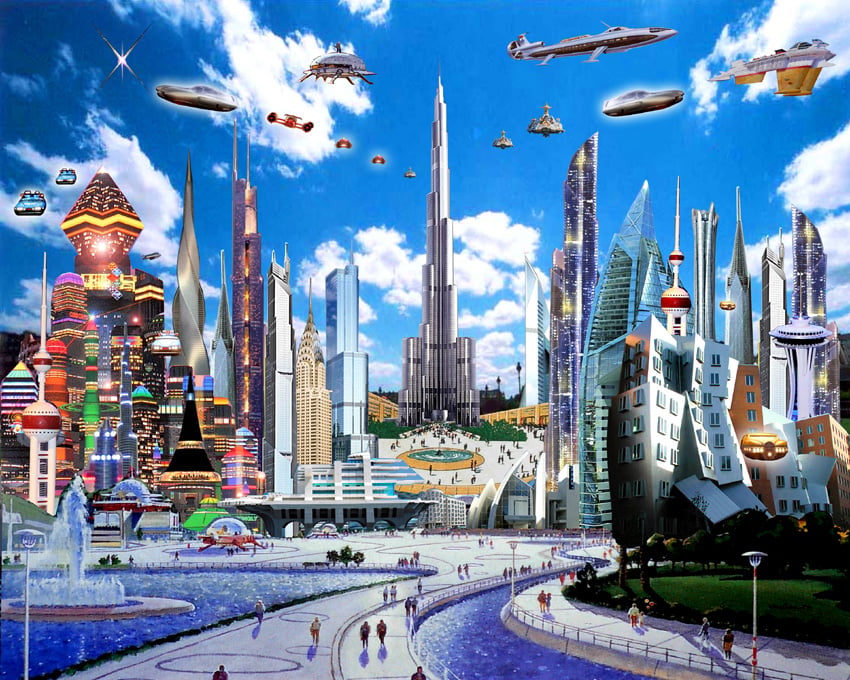Blog 21: University of Minnesota class WRIT 3577W
What have I learned in WRIT 3577W? This has been a great experience. While reviewing certain topics, I definitely learned a lot. Topics that were more review for me were in the internet section in the beginning. I previously took history of computing at the University and it covered a lot of what we talked about. It was very interesting to get the facts from a different perspective though. The biggest topic that I learned about was rhetoric. Before taking this class I had always hear the term rhetoric but I do not think that I actually really knew what it meant. I certainly had never learned about rhetoric. I feel like rhetoric should be something taught to us at a younger age. It is a very useful tool that I will take with me throughout the rest of my life. The last topic was the most fascinating to me though when we talked about the Internet of Things. I had known about the different aspects of it but never really put a name to what it was. I feel like this is going to be a huge part of our future going forward. It was interesting to hear the perspective that other people had on the internet of things. It was interesting because that topic came up in a different class for me this semester so I was able to use the knowledge that I had from this class to help learn about it from a different perspective. Thank you for the great semester and I hope others gain as much information from this course as I did.





